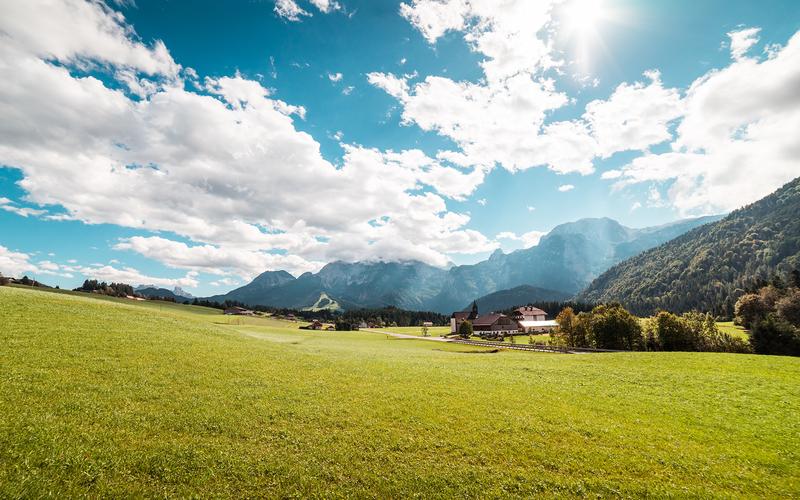Exploring the Roots of Surf Culture: A Dive into History and Traditions
Surfing has come a long way from being a hobby to a worldwide phenomenon, with several surf competitions being held annually. Its popularity has paved the way for an entire culture based on the thrill of riding waves. But have you ever wondered how it all started? Let’s take a dive into the history and traditions of surf culture.
The Origins of Surfing
Surfing, also known as he’e nalu in Hawaiian, has its roots in Polynesia. Polynesian fishermen would ride waves as a way to get back to shore quickly after a day of fishing. Surfing was also a way of life, with it being an essential aspect of their religion. Surfers were believed to possess spiritual powers and were revered in the community.
In the late 18th century, Europeans arrived in Hawaii and observed surfing for the first time. It was in the early 20th century that surfing started gaining popularity in other parts of the world. Duke Kahanamoku, a Hawaiian Olympic swimmer, popularized surfing when he showcased it in California. Surf clubs were established, and the sport spread like wildfire.
The Culture of Surfing
Surf culture is an amalgamation of various aspects of lifestyle, fashion, art, and music. It is a community that has a strong sense of identity and belongingness. Music is an integral part of surf culture, with a genre called surf rock gaining popularity in the 60s. Fashion is also an essential aspect of surf culture, with surfers preferring comfortable clothing and flip flops. The laid-back attitude of surfers is also reflected in the way they talk and interact with others.
The Traditions of Surfing
Surf culture has several traditions that are still upheld by surfers worldwide. One such tradition is the giving of respect to fellow surfers, especially those who have been in the sport for a long time. This is done by adhering to surfing etiquette, which includes not dropping in on others’ waves and waiting for your turn to catch a wave. Another tradition is the making of surfboards, which is a craft that has been passed down from generation to generation.
The Future of Surfing
Surfing has come a long way from being a niche sport to a global phenomenon. The sport has also gained recognition, with it being included in the 2021 Olympics. However, with the increasing popularity of surfing, there are concerns about over-commercialization and pollution of the oceans. Surfing communities worldwide have started taking steps to protect the oceans and maintain their traditions while keeping up with the times.
Conclusion
Surf culture is not just about surfing – it is a way of life with deep roots in history and traditions. It is a community that values respect, laid-back attitudes, and a love for the oceans. As surf culture evolves, it is essential to uphold traditions, protect the oceans, and promote a sustainable future for surfing.
(Note: Do you have knowledge or insights to share? Unlock new opportunities and expand your reach by joining our authors team. Click Registration to join us and share your expertise with our readers.)
Speech tips:
Please note that any statements involving politics will not be approved.
